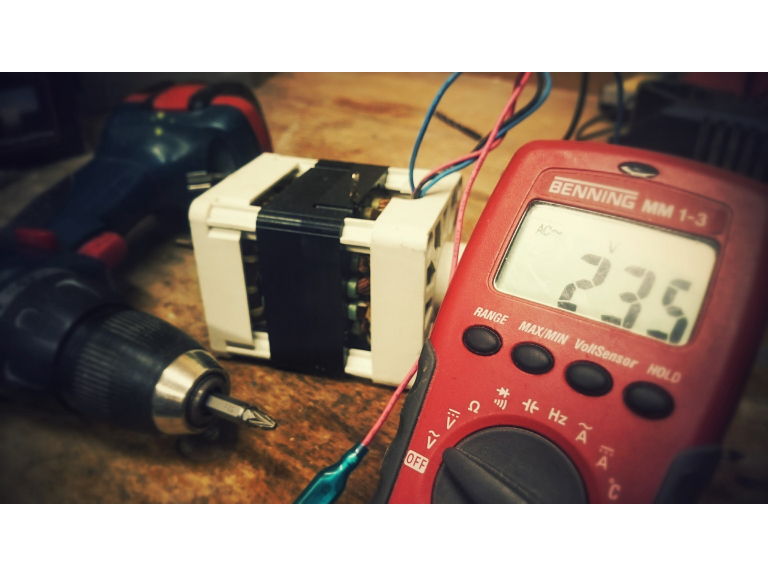
Renovating your home or a house is a big job, and while rewarding, it can prove to be a financial challenge. While there are certainly lots of jobs that you can easily do on your own with a touch of DIY, electrical work is best left to the professionals. This applies to new dwellings and to any alterations or additions to the electrical installations of existing dwellings, including full or partial rewires.
The critical thing is that all work is carried out safely and in accordance with UK legislation. If you don’t, the outcome could have further financial or safety implications such as: having the work being done again, electrical faults, fire outbreaks or in worse case scenarios death from a fire outbreak or electrocution.
Electrical work is heavily regulated in the UK and most jobs and installations (regardless of whether they are residential, commercial or industrial) should be carried out by professionally approved electricians. When looking to hire an electrician, you must make sure they are registered with one of the Government-approved scheme providers such as NICEIC (who represent the UK electrical contracting industry).
Usually, nothing will go wrong just after the installation. This doesn’t mean problems, or even emergencies, won’t arise after constant use. It’s important to keep in mind that even a simple overheating of wires can cause a fire, so poor electrical installation can be a great hazard.
For insurance purposes, a qualified electrician’s work can be certified in case anything goes wrong down the track. A proper contractor should be licensed with Public Liability insurance.
When overseeing the renovation of your home, you should be aware that since April 2013 electrical work in a dwelling, is notifiable to a local building control body where the work includes:
All work undertaken by your chosen electrician should meet the UK national standard, BS 7671 (Requirements for Electrical Installations). You will not have to deal with building control directly and when the work is finished you should receive:
If the work carried out by the registered electrician doesn’t meet the requirements of the Building Regulations, you will have access to a formal complaints procedure. You can also choose to take out an insurance-backed guarantee when you have the work done, and, if the work is later found not to meet Building Regulations, you can then make a claim.
If you are looking for a NICEIC electrician who covers Telford and the surrounding areas in Shropshire, call Wiring Works today on 01952 427859.
I champion the best businesses in Telford and Wrekin, businesses recommended by you. If you run a local business or know a really great local business that you think deserves to be known by more local...
The following Cookies are used on this Site. Users who allow all the Cookies will enjoy the best experience and all functionality on the Site will be available to you.
You can choose to disable any of the Cookies by un-ticking the box below but if you do so your experience with the Site is likely to be diminished.
In order to interact with this site.
To help us to measure how users interact with content and pages on the Site so we can make
things better.
To show content from Google Maps.
To show content from YouTube.
To show content from Vimeo.
To share content across multiple platforms.
To view and book events.
To show user avatars and twitter feeds.
To show content from TourMkr.
To interact with Facebook.
To show content from WalkInto.